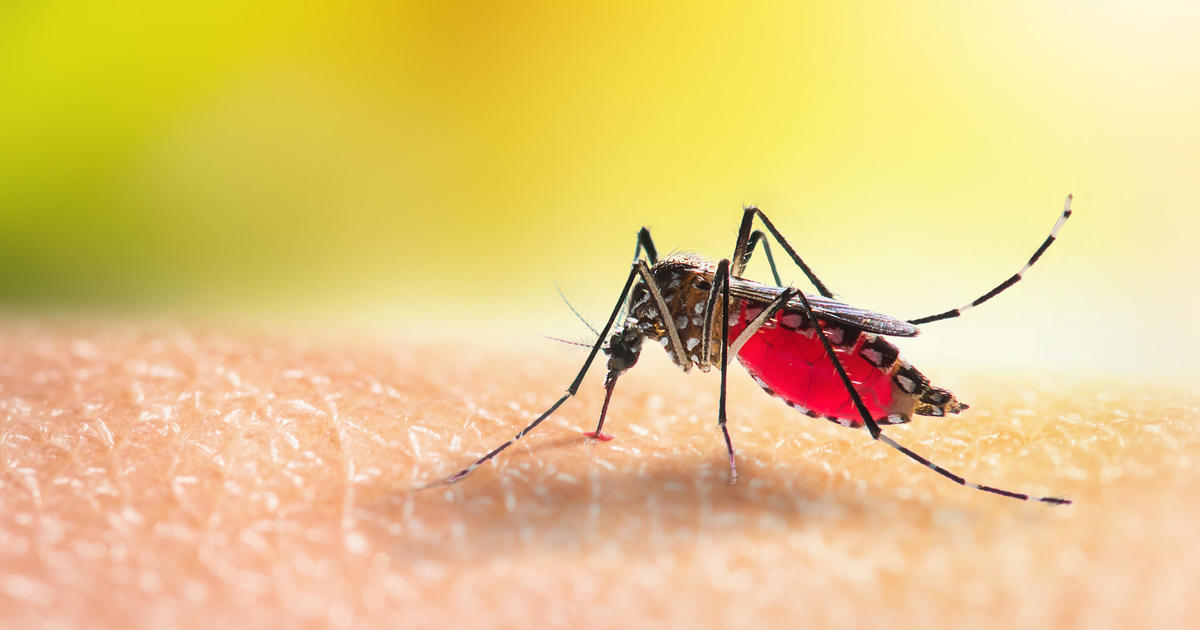Good Question: Why Do Kids Have Trouble Sleeping?
MINNEAPOLIS (WCCO) -- More than a third of American adults are sleep-deprived, according to a recent study released by the Centers for Disease Control (CDC). So, perhaps we should not be surprised that an alarming number of children have trouble sleeping.
Kids, TV and poor sleep: Is there a connection? Yes, there is, according to a government-sponsored study published online in the journal Pediatrics.
The study reports that roughly one out of five children is having trouble getting to sleep or staying asleep. Those who watch television after 7 p.m. or watch programming considered violent -- even cartoons -- had the most problems.
"Watching violent media, video games or television, disturbs their sleep," said psychologist and parenting expert David Walsh, PhD. "It delays their sleep and we also know how important sleep is for brain health."
Walsh devotes chapters to the subject in his latest book, Smarter Parenting, Smarter Kids.
Walsh supports the recommendations of the American Academy of Pediatrics: No television for children under the age of 2 and no more than two hours a day for older kids. Walsh further refines viewing for pre-school age children to no more than an hour a day.
Walsh says a lack of sleep has been proven to affect mood and classroom performance. Walsh said the brain is basically doing its routine maintenance every night as we sleep, filing away what we learned during the day and sweeping away things we don't need to remember.
It's not just TV to blame. There are also texts and tweets and computers keeping kids up.
"It's pretty scary," said Walsh. "The average American child is now up to over 53 hours a week in front of some sort of screen. We know that's having a big impact on their ability to pay attention, on distraction, this whole thing called multi-tasking which is a topic in and of itself."



